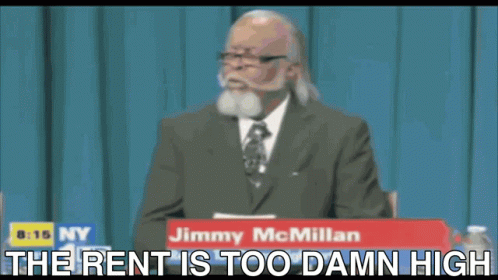Federal student loan forgiveness has been through a lot recently. She’s not looking pretty. She needs a massage. Her T-zone is breaking out. Which means this article does not reflect the current state of loan forgiveness. We’re leaving it up because we think it contains useful context. But if you want our most current news on student loan forgiveness, you can find it here.
When I heard that President Biden was pushing through a massive federal student loan forgiveness initiative, I knew exactly what I had to do. I dropped what I was working on and immediately grabbed my phone.
I texted Piggy, my coblogger, to let her know what truly mattered in this situation: that I was right, and she was wrong, neener neener neener.
You see, back in March of 2021, I wrote a case study dissecting an IRL friend’s financial situation. In editing my article, a disagreement surfaced between Piggy and I over the likelihood of student loan forgiveness. She considered the possibility of $10K in student loan debt cancellation so remote that she strongly pushed me to remove it from the article altogether. We settled for explaining both our stances in editorial notes, which you can still read here. (Piggy: In my defense, I’ve heard this campaign promise since I was a starry-eyed 17-year-old college applicant at a John Kerry for President event.)
But I was right. As I always am! I’m a seer, a sage, a prophetess. If I had letters tattooed across my knuckles, they would say TOLD and YASO. I am Samuel Gerard, United States Marshall, ruff ruff ruff!
Okay, okay, gloating aside… A big chunk of federal student loan debt is indeed being canceled. At long last, Cancel Culture is ASCENDENT!
I know our readers have a ton of questions about how this student loan forgiveness package works. Follow me, dear children, and I will answer all of your questions in a rapid-fire FAQ.
Read More



